By Chen Tianhao
(ECNS) – Recently, officials from the U.S. and European countries claimed that Chinese production in electric vehicles, batteries and solar panels significantly exceeds global demand. In addition, the U.S. announced early on that it would impose increased tariffs on a variety of clean energy products from China, including electric vehicles (EVs), solar panels, steel, and more. In this regard, experts from the international community point out that "Chinese overcapacity" is just a part of the overall American strategy to prevent China's development, which shows the hypocrisy of the U.S. government.
Accusation of Chinese overcapacity reflects the double standard from the U.S. side
Daryl Guppy, former board member of the Australia China Business Council and Australian ACBC delegate at the Silk Road Chamber of International Commerce, noted that the reason behind the American charge of overcapacity is that "this relates to industries where America and Europe have chosen not to engage in previous development."
China has been developing electric vehicles for many years, so the countries open to Chinese exports can fill gaps left by their own lack of development, according to Guppy,
Similarly, editor-in-chief of the Geopolitical Economy Report, foreign-policy expert Benjamin Norton thought that "we have to define what 'overcapacity' means. The U.S. is basically saying that 'if a country has net exports, therefore, it has overcapacity'. But it's only applying this definition to China, so it's hypocritical."
In addition, Norton noted that in China, over 80 percent of the cars produced last year were purchased locally, and less than 20 percent of the cars were exported. When looking at the share of China's automobile industry and the share of exports compared to other countries like Japan and South Korea, China actually is not nearly as much dependent on exports as South Korea, Japan, and Germany are.
"So what I'm showing here is that if the U.S. claims that China is guilty of overcapacity, then Japan and South Korea are at 10 times the overcapacity of China. The question is, why did the U.S. not accuse its longtime allies like Japan, South Korea, and Germany of so-called 'overcapacity'? We can see that there's a double standard." Norton added, "If the world is truly committed to transitioning to save the world from climate change, the fact that China produces so many cheap, high-quality electric vehicles, solar panels and batteries is good for the world, because we need to transition away from fossil fuels in order to meet the conditions of the Paris climate accord and also to reduce global carbon emissions."
Also, Guppy explained that "from what we see in the U.S. Inflation Reduction Act, it is really just another name for protectionism and tariff support, certainly a double standard."
New tariffs reflect U.S.' neurotic reaction
"When the U.S. started accusing China of 'overcapacity', I knew they were doing it to try to justify tariffs," Norton said, "This is an attempt by the U.S. to weaken Chinese industry, but it won't work. China will continue exporting EVs and solar panels to other countries, especially developing ones in the Global South. This will help them reduce carbon emissions, fight climate change, and become less dependent on imports of oil and gas.
This shows the hypocrisy of the U.S., which criticizes China for its industrial policy and subsidies, while the US is doing the exact same thing, according to Norton.
Jeffrey Sachs, director of the Center for Sustainable Development at Columbia University, pointed out that China is not a threat to the U.S. but a threat to the U.S. hegemony, and that is leading to a neurotic reaction from the U.S. side, because "China is showing the U.S. doesn't run the world the way the U.S. likes to think it runs the world".
"If you want to see the neurotic reaction, people should look at Foreign Affairs magazine," Sachs added, "Every issue is: are we still Number One? What are we going to do? How do we stay ahead of China? How do we contain China? Everything is about China."
And Guppy also stressed that "'Overcapacity' is part of an overall American strategy to pull China back, to prevent China's development, and to halt its progress. It is anti-competitive at its heart."
"Unfortunately, what we are seeing in a global basis is an increase in trade protection barriers," Guppy said, "this is a bad path to be going down, because we are returning to the bad old days of tariffs, protectionism, high prices for low quality."









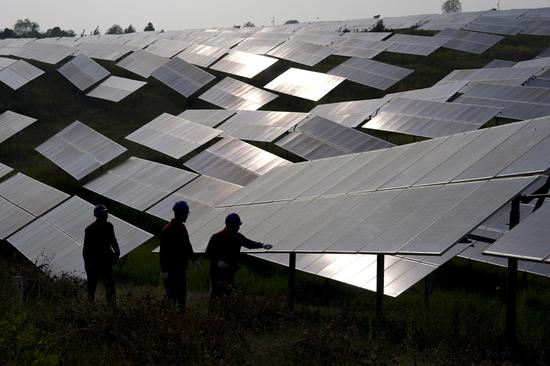

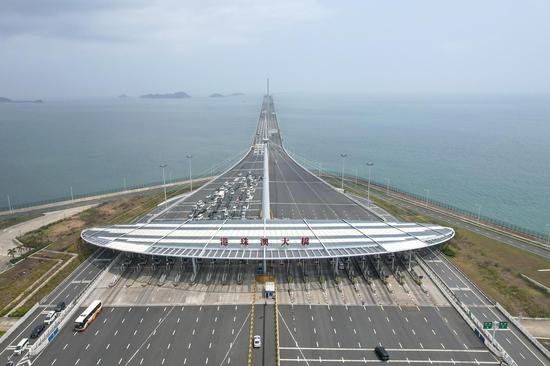

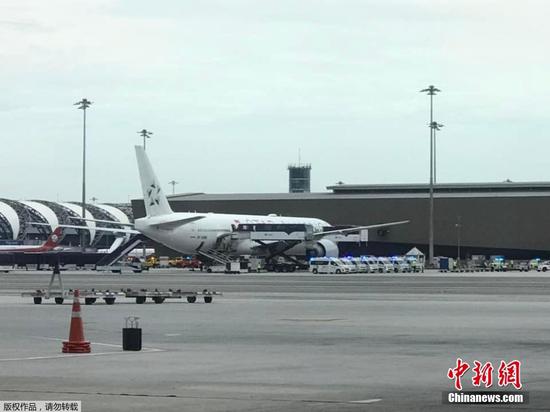

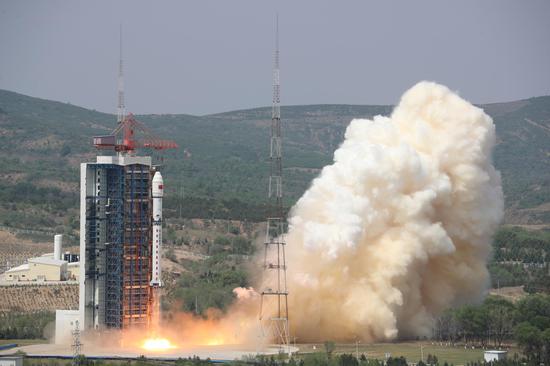

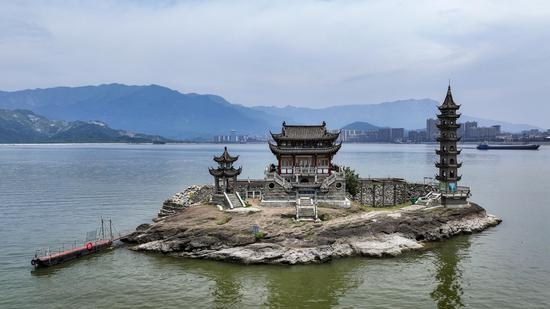
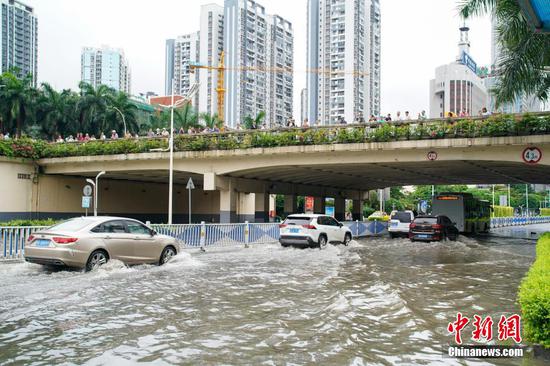




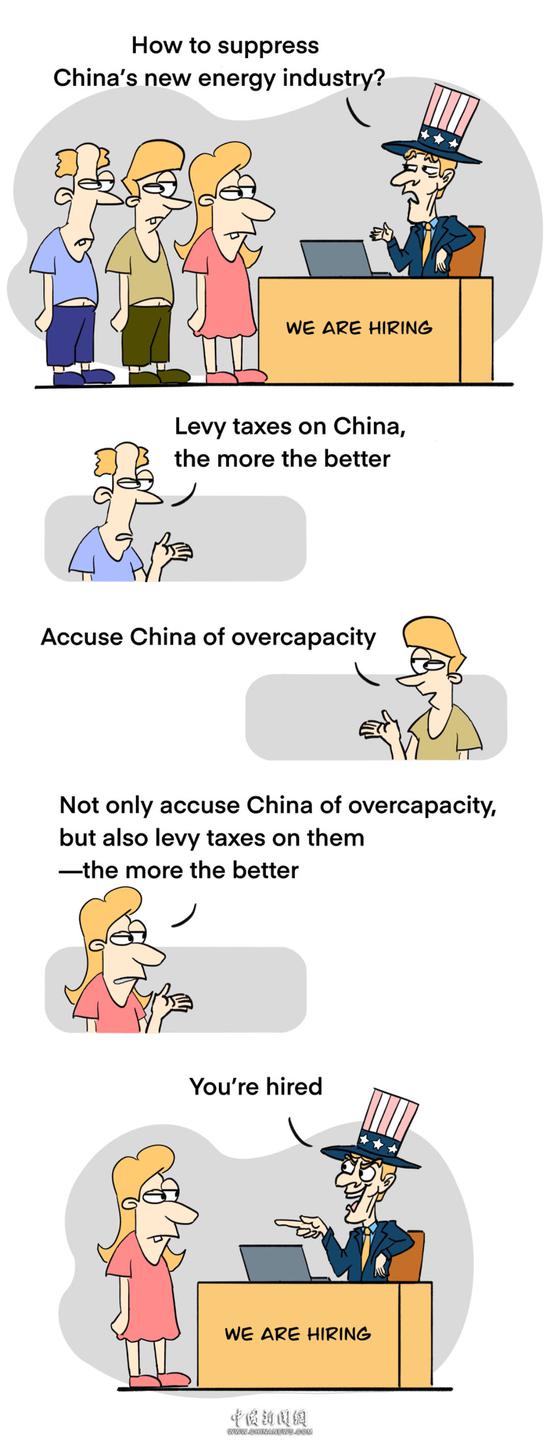
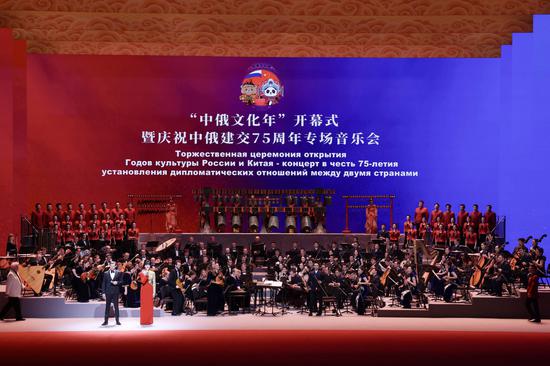

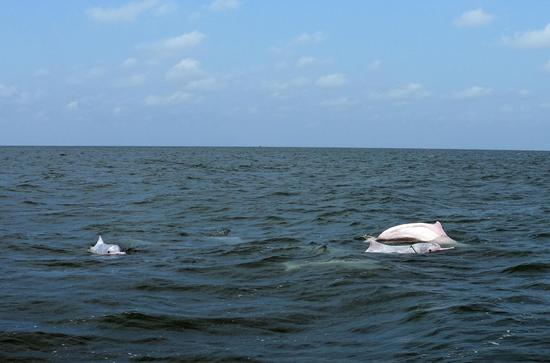
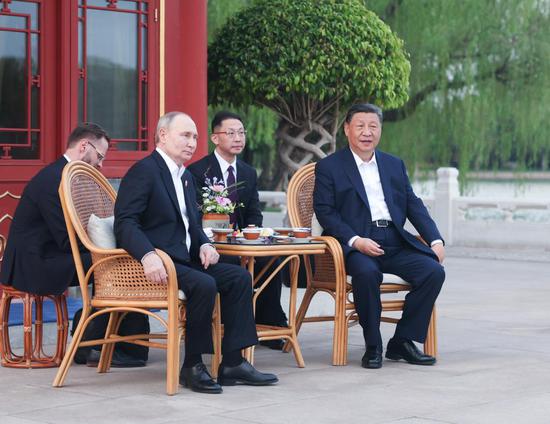
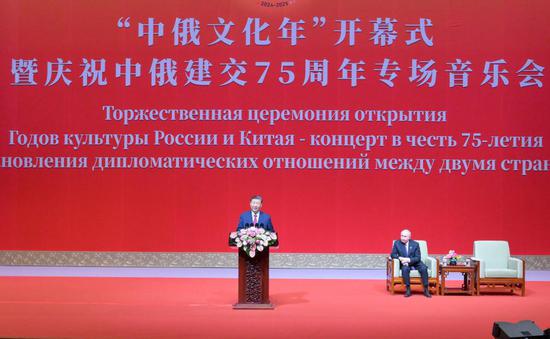
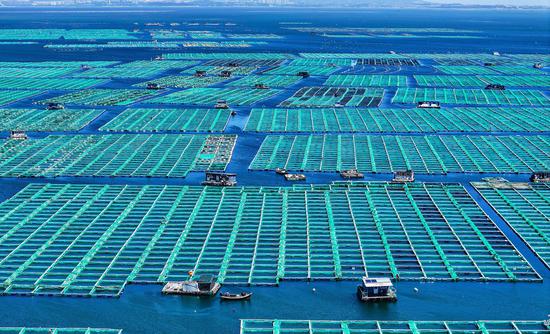



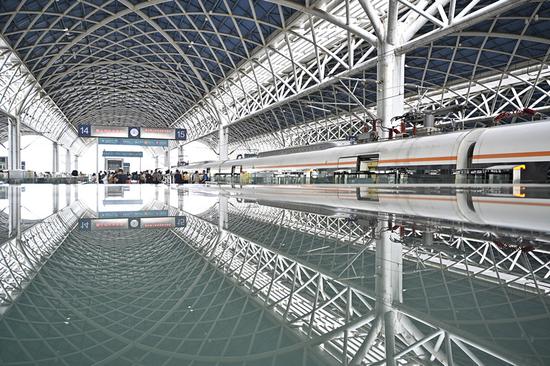

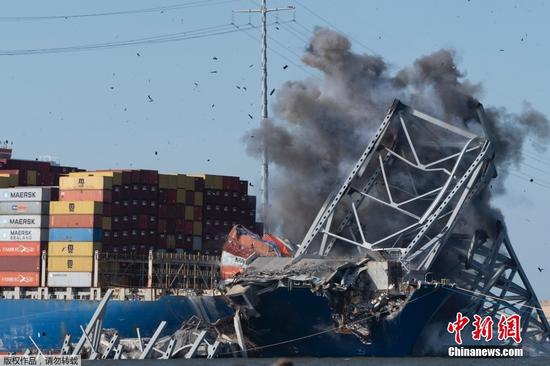

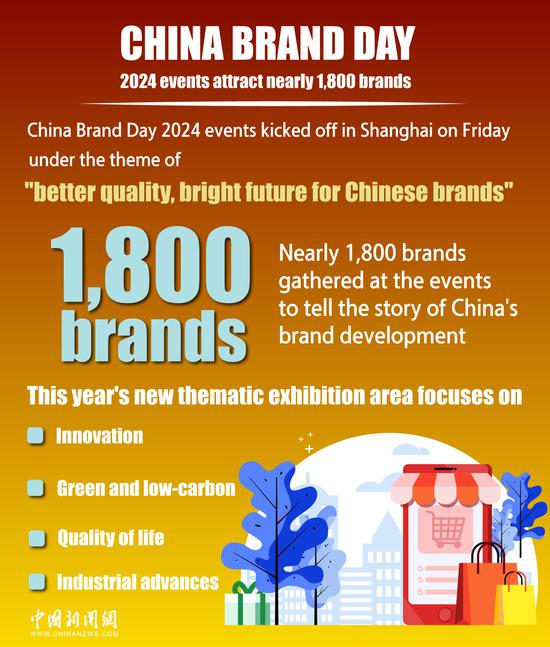



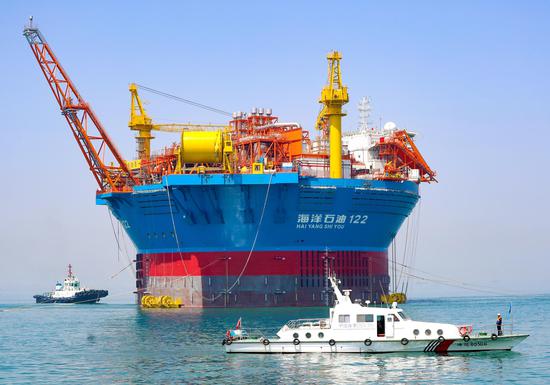
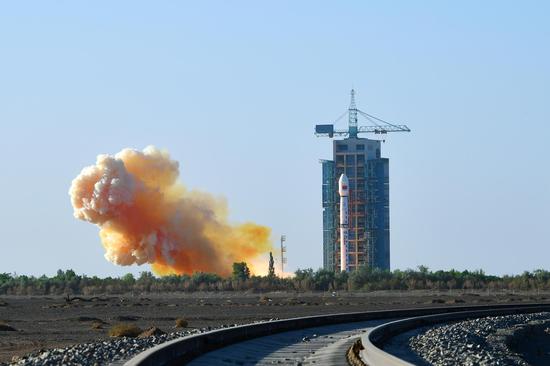
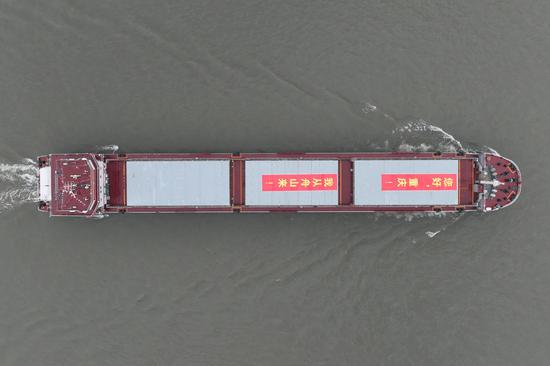






 京公網安備 11010202009201號
京公網安備 11010202009201號